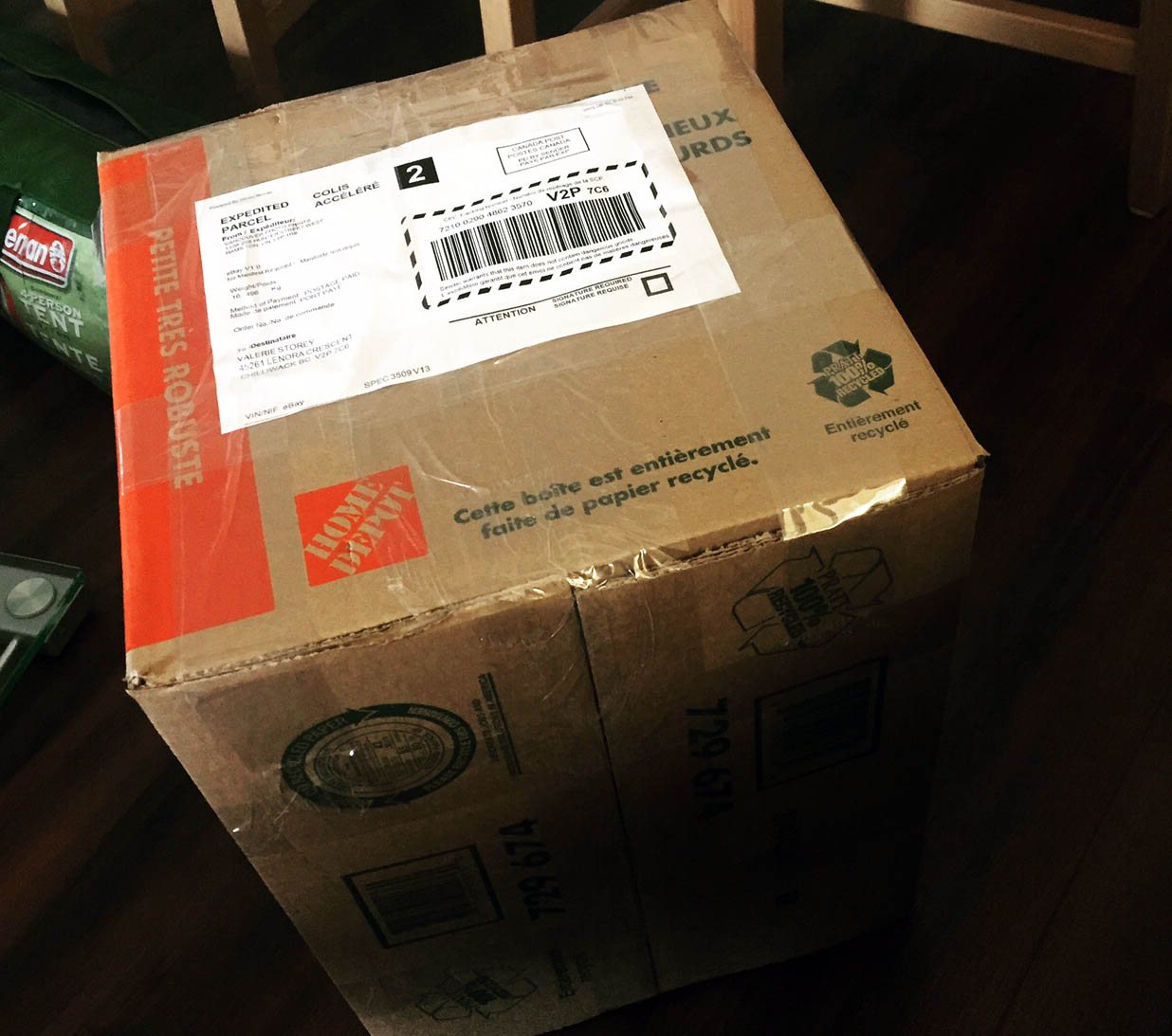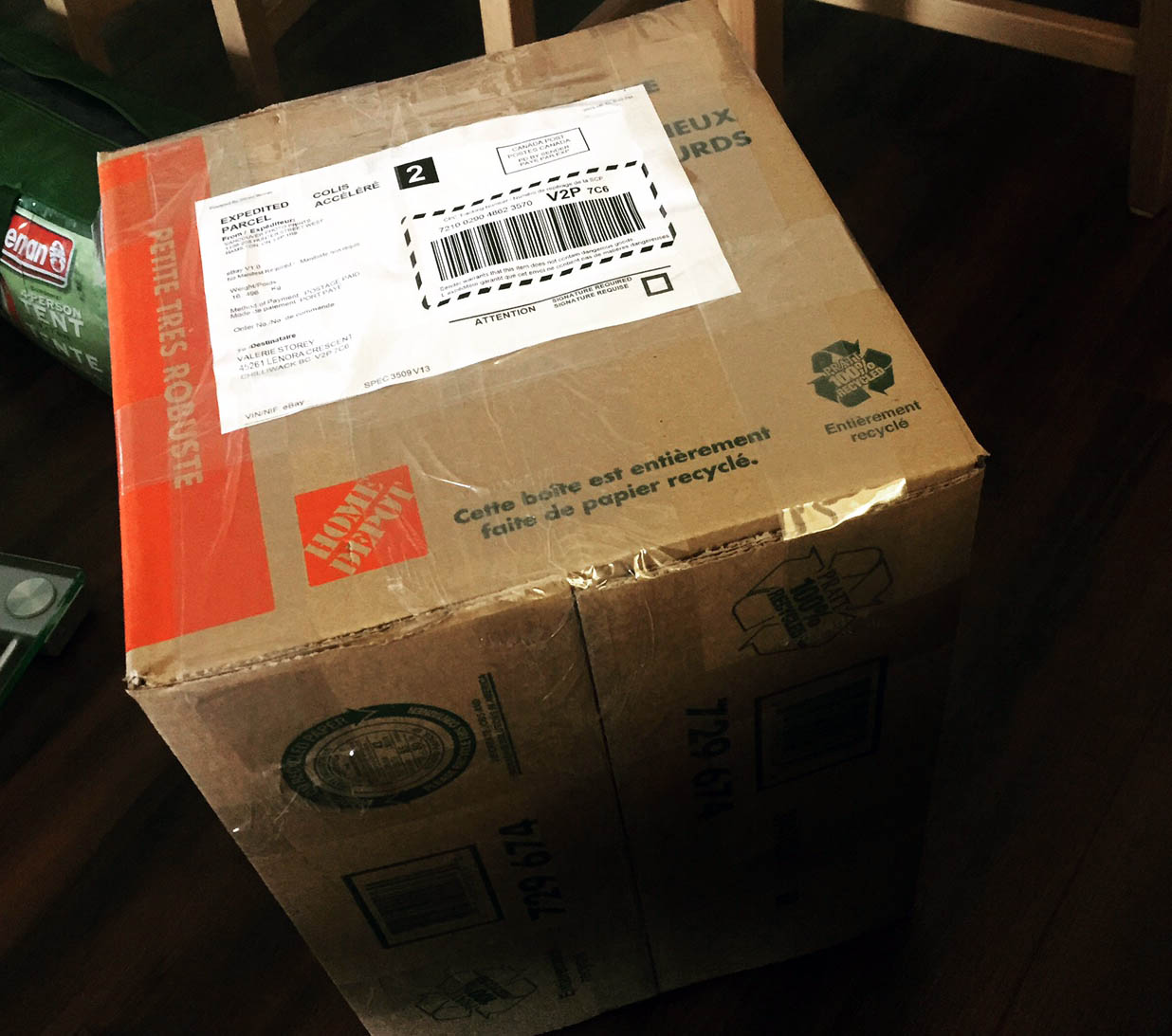Moving Across The Country


In about ten days I’ll be jumping in the vehicle with my girlfriend and driving across North America, yet again. We moved out to Ontario last year from the British Columbia-area to spend a year in Hamilton, and were forced to do the drive in four days due to commitments that were waiting for us. Thankfully we are going to do the drive back in about nine days, which should be a lot more enjoyable.
This is actually my fourth time moving across the country, and I’ve done this song and dance enough times that I thought I would give some advice on the subject.
First, moving across the country doesn’t really have to be much more stressful than moving across town, but that really depends on how much money you are willing to spend on the move. If you hire professional movers, they will typically charge you based on the weight you are moving. If you have a truck or some kind of vehicle you can tow with, you might be able to save some money by renting a trailing and moving that way. But if you’re like me and are forced to call movers, it’s best to call a few companies and get some different quotes.
Moving Company Gotchas
The first time I moved to Ottawa, the company I was working for picked up the tab. As a result, they hired a really professional company that made everything really painless, and my items arrived exactly on time.
For my previous move though, I had a storage locker out in British Columbia, and ended up getting a quotation to move the contents of the locker out to Ontario for about $1200. Since I was paying $100/month anyways, I figured spending $1200 to move everything to Ontario was a good deal, since I would have access to all my stuff and no longer need the storage locker. Financially it was a wash, but at least I could sort all my stuff, sell the items I no longer needed, and make use of the ones I still wanted to use.
I made a mistake though and only focused on the cheap companies. I know full well that you get what you pay for, but since I wasn’t really worried about any delays or needing any items urgently, I thought I would simply focus on cost. In retrospect though that was a mistake, and the company I chose ended up not being very professional. So while cost is always a concern, make sure you weight the pros and cons carefully. In any business, you can generally have only two of these three qualities: fast, cheap or good. If you want fast and good, it’s generally expensive. If you want fast and cheap, it’s likely not very good. In my case, I only got cheap, which wasn’t a good deal at all.
The second thing you have to watch is to make sure that the company will use government weigh scales, and also give you a copy of the weigh ticket. This process was a bit foreign to me, but the way it works is that most companies can only give you estimates based on what you own. Once your items arrive near your destination and you schedule a time for your belongings to be delivered, the moving company will generally unload the big truck or container into a smaller truck, and then take that to the weigh station. They are supposed to weigh it twice at this stage: once when the truck is empty, and once when it’s full, which together gives you the weight of your contents.
Unfortunately a lot of companies will simply assume the gross vehicle weight (typically written on a little metal plate inside the door) is the actual unloaded weight of the vehicle, which may or may not be true depending on any additions to the vehicle or how much gas is in the tank. But basically you won’t know how much your stuff weighs, and subsequently how much your move costs, until generally a day or two before your belongings arrive.
This causes a lot of headaches for moving companies, since many people underestimate how much their belongings weigh and are really surprised when the cost of their move nearly doubles from the estimate. That’s why it’s important to have someone from the moving company come take a look, and also confirm the nature of the weighing, before signing a contract.
Lastly, the company you are using should be able to give you a pretty clear idea of when your items will arrive. Don’t accept “well, it should be about 10 days”. Get them to state a firm date, or at least a firm window, and place it in the contract. If they can’t give you a firm window, I would walk away, since that means they likely are hiring a third party to move your items and will lose visibility on your belongings until they arrives at the destination.
In my previous move, it took about 45 days for my items to arrive, even though I was promised them in about 10 days. I didn’t really need those items for anything, so I could handle the wait, but if they were my primary furnishings it would have been a disaster. There aren’t many things as unnerving about shipping your personal belongings across the country and not knowing when or where they are, or when they will arrive.
When Not To Use A Moving Company
Using a moving company to ship across the country doesn’t really make sense unless you are shipping over 1,500 lbs or so. That’s typically the contents of a 1-2 bedroom apartment, generally without any heavy appliances. In terms of boxes, that’s probably about 30-40 small boxes, which isn’t a lot. Anything less and you’ll start seeing extra fees tacked on for having low weights, as well as excessive cost per pound (often $1/lb or more, depending on where you are shipping). In addition, there are other costs buried in the fees such as an 11% fuel surcharge that gets added on, and often “destination” and “origin” fees, whatever those are. For example, I received one quote that quoted a price of $0.92/lb for an estimate of 2,000 lbs. But once you tacked on all the fees, the total price, including taxes, was $2,354.52. If you do the math, that works out to about $1.17/lb, roughly a 28% increase over the quoted per pound price (which is what most companies quote you). So be careful when reading estimates.
In our case, we were looking at about $2,500 to ship a one bedroom apartment’s worth of items, which is pretty hefty. Our solution was to just sell the majority of our furniture, and ship the rest via Canada Post. While Canada Post may not seem like a very affordable option, by using small packing boxes and filling them with about 40 lbs in each one, I was able to get the cost per pound, including taxes, down to about 80 cents from the Toronto area to the Vancouver area, which is actually 30% cheaper than the quotes I received.
The hardest item to ship so far has been my bicycle. Strangely enough, while I’m not normally attached to furniture or most items at home, I really like my bicycle and wanted to keep it. The only option I found to get it back to the west coast in an affordable way (other than driving it across myself, an option I wanted to avoid since we’ll be sightseeing as well during our trip and I didn’t want it to get stolen) was to ship it via FedEx. I tried Canada Post, but it’s simply too large of an item for them to ship. I managed to get a bike box from the bike store where I bought it and dismantled the bike into the box, which wasn’t exactly easy but not terribly hard either. FedEx charged me about $100 for the journey, which is a bit steep compared to everything else I’ve shipped, but still worth it for me considering I like it and it is worth $600.
I have to say, it’s a bit weird seeing the contents of your apartment travel across the country one-by-one, but also pretty cool to watch. Hopefully all our packages will be waiting for us when we arrive in British Columbia at the beginning of July. I’ll do another post shortly talking about our trip and some of the sights we want to see along the way.